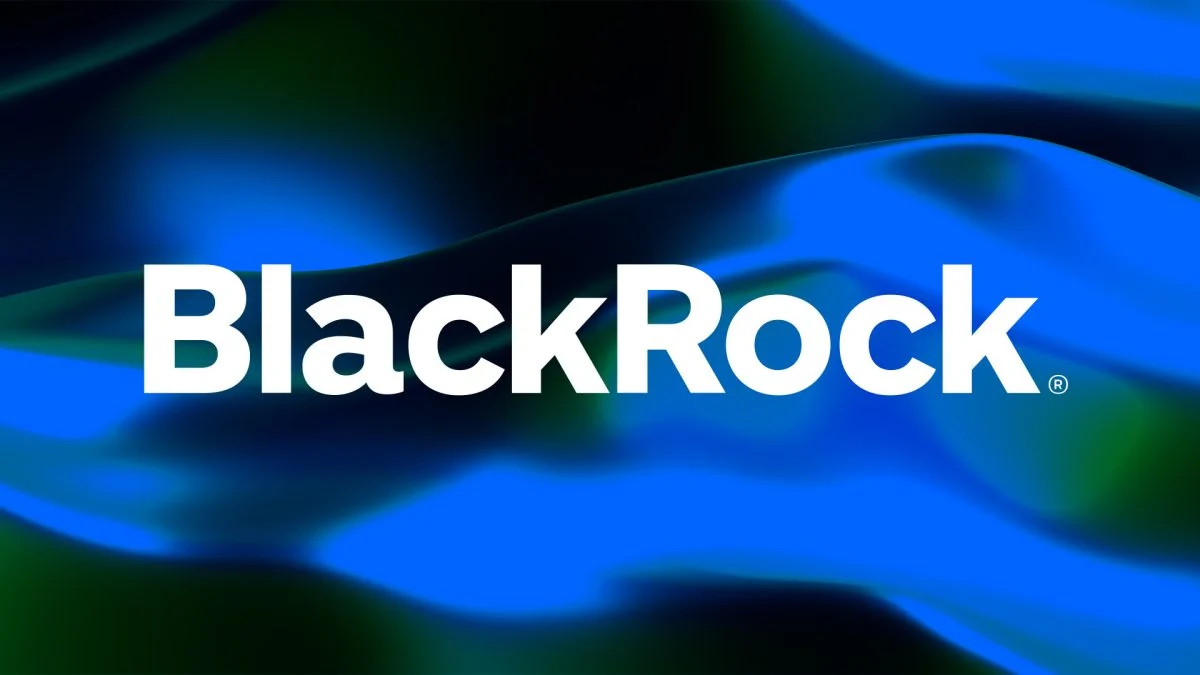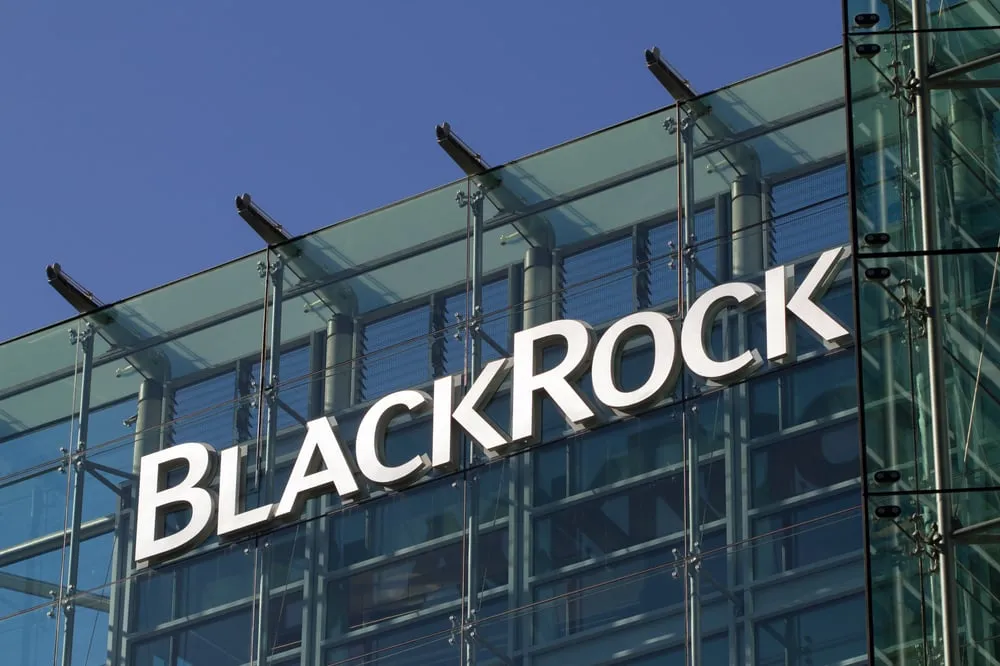Robert Mitchnick, the head of digital assets at the world’s largest asset manager, BlackRock, said that despite the launch of spot Ethereum ETFs this week, it’s unlikely to open the door to funds that track other crypto assets like Solana’s SOL or Polygon’s MATIC, on the mainstage at the Bitcoin 2024 conference.
“I don’t think we’re going to see a long list of crypto ETFs,” Mitchnick said in a conversation with Bloomberg Intelligence ETF analyst James Seyffart. “If you think of bitcoin, today it represents about 55% of the market cap. ETH is at 18%. The next plausible investible asset is at, like, 3%. It’s just not close to being at that threshold or track record of maturity, liquidity, et cetera.”
That said, it has been “increasingly clear” that crypto as an asset class is “not going away,” and there will likely be future opportunities for firms like BlackRock to get further involved in the market. Competitor VanEck, for instance, was the first firm to file to launch a Solana ETF, which experts see as a longshot for approval.
Spot ETH exchange-traded funds have only garnered about 20% to 25% of the capital inflows as the 11 spot Bitcoin ETFs trading today are largely on target with expert expectations. Bitcoin ETFs have been a breakout success; BlackRock’s IBIT trust, in particular, is the second-best performing ETF this year, behind only a fund that tracks the S&P 500. The product also represents over 20% of BlackRock’s flows this year and has only seen a single day of negative flows to date.
“We don’t view bitcoin and ETH really as competitors,” Mitchnick said. “Bitcoin is trying to be as a global monetary alternative, as a potential global payment system,” while Ethereum is better thought of as a technological platform for building novel applications. “So, really, they’re more compliments” rather than substitutes.”
Mitchnick added that while there isn’t “full-blown clarity” from regulators, the Securities and Exchange Commission has been clear that it wants to draw the line somewhere. For instance, Mitchnick said, the SEC is unlikely to approve spot Ethereum ETFs with staking components.
BlackRock is largely credited with rekindling interest in launching spot bitcoin ETFs when it filed to launch a product in June 2023. The SEC had been reluctant to approve these investment products for over a decade, often citing the potential for market manipulation and surveillance concerns. The iShares bitcoin ETF filing changed the game when it included a market observation agreement that addressed those risks.
Bitcoin’s value proposition
The typical investor in BlackRock’s IBIT trust typically allocates 2% to 3% of their funds, with the potential for growth, Mitchnick said. Bitcoin is a fundamentally different type of asset than “equities, fixed income or other traditional assets” and has a fundamentally different value proposition that the firm’s client base of “everything from retail to ultra-high net worth” is just beginning to realize, he added. “Our clients continue to be more and more interested.”
Mitchnick, who is sometimes called “the guy who ‘orange-pilled’ BlackRock CEO Larry Fink,” is particularly bullish on the interest from wealth advisors and institutions, which today only represent a “minority” of IBIT investors. “Those are much longer journeys,” he said. It’s still “early days.”
“You’ve started to see this shift where people look at Bitcoin as a potential flight to safety,” he said, downplaying the “punditry” from Bitcoiners who describe bitcoin as a “risk asset.” That definition is “fundamentally inaccurate” and “massively unhelpful” when you look at the cryptocurrency on a longer horizon.
“It is itself a risky asset on a standalone basis, right? But those risks are about uncertainty over future adoption, regulation, the development of a still early ecosystem,” Mitchnick said. “They’re very different from banking crises or geopolitical disorder or inflation, deficits, debt, currency debasement — all those types of fears and risk factors that exist out there in TradFi world.”
Source: The Block






